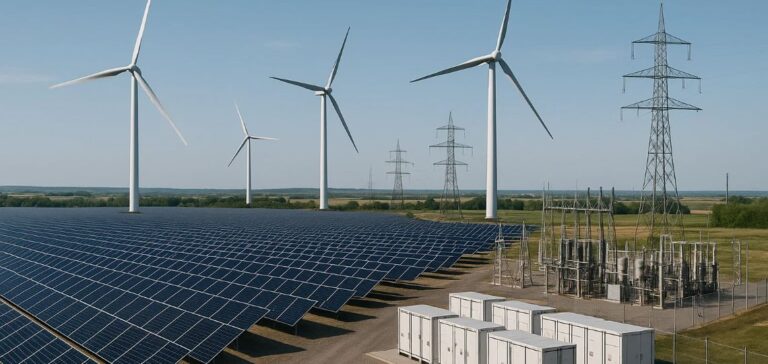The European Commission is preparing a reform aimed at speeding up the authorization of renewable energy projects by reducing the processing times to a maximum of six months. European Commissioner for Energy, Dan Jørgensen, stated that the current processing times, often extending beyond ten years, hinder the deployment of necessary infrastructure.
According to Dan Jørgensen, these delays are “totally unacceptable” and need to be significantly shortened to allow the European Union to meet its energy targets. The granting of permits is a responsibility of the Member States but falls within a regulatory framework defined by EU law, including directives on renewable energy and environmental protection.
Targeted revision of biodiversity standards
The European Commission is currently exploring the possibility of adapting certain environmental regulations, particularly those related to the protection of species and their habitats. The aim is to reduce administrative barriers while maintaining the ecological protection requirements defined by EU legislation.
“I am aware that this may be considered controversial,” said Dan Jørgensen in an interview with the Contexte media outlet, while asserting that the current legislation slows down project development and could jeopardize the EU’s energy strategy. The revision would aim to reduce “paperwork” without altering existing conservation goals.
Integration into an energy policy simplification plan
This reform is part of a broader plan to simplify European energy policies, which is currently being prepared. No official date has been set for the presentation of this program, but internal discussions are already underway. Reducing administrative delays is a key priority identified by the Commission.
Dan Jørgensen affirmed that “nature will not be affected by the fact that the permit is granted after six months instead of ten years,” emphasizing that the intention is not to reduce substantive requirements but to optimize procedures. He also reminded that Member States remain sovereign in issuing permits, but that harmonization of practices at the European level has become unavoidable.
The project is aligned with Europe’s climate and energy independence ambitions, with a target of 42.5% of renewable energy in final consumption by 2030. A reform of authorization timelines is seen as essential to support the expected investment pace.






















